On Monday, the Supreme Court ruled 6-3 that a football coach from Washington state had the right to kneel and pray on the field after games.
Joseph Kennedy was an assistant coach for Bremerton High School’s varsity football team and head coach of the junior varsity team for seven years.
As reported by The Dallas Express, for nearly a decade and most of his time at Bremerton High, Kennedy led prayers at midfield after games, with students joining him often.
Citing potential lawsuits about violating students’ religious freedom rights, Bremerton public school officials asked Kennedy to stop praying publicly, but he declined.
Officials subsequently placed Kennedy on leave, and the school did not renew his contract in 2015. Kennedy sued, and his case went all the way to the Supreme Court.
“This is just so awesome. All I’ve ever wanted was to be back on the field with my guys,” Kennedy said in response to Monday’s opinion. “I’m incredibly grateful to the Supreme Court, my fantastic legal team, and everyone who has supported us. I thank God for answering our prayers and sustaining my family through this long battle.”
Justice Neil Gorsuch wrote for the majority, ruling that the First Amendment protected the coach’s prayers.
“Respect for religious expressions is indispensable to life in a free and diverse republic — whether those expressions take place in a sanctuary or on a field, and whether they manifest through the spoken word or a bowed head,” he wrote. “Here, a government entity sought to punish an individual for engaging in a brief, quiet, personal religious observance.”
Justice Sonia Sotomayor wrote in dissent, arguing that the majority had gone off course.
“Today’s decision,” she wrote, “is particularly misguided because it elevates the religious rights of a school official, who voluntarily accepted public employment and the limits that public employment entails, over those of his students, who are required to attend school and who this court has long recognized are particularly vulnerable and deserving of protection.”
“In doing so,” she wrote, “the court sets us further down a perilous path in forcing states to entangle themselves with religion, with all of our rights hanging in the balance.”
Sotomayor argued that the public nature of Kennedy’s prayers and his position as a leader and role model made students feel compelled to participate, whatever their religion and whether they wanted to or not.
“Students look up to their teachers and coaches as role models and seek their approval,” she wrote. “Students also depend on this approval for tangible benefits. Players recognize that gaining the coach’s approval may pay dividends small and large, from extra playing time to a stronger letter of recommendation to additional support in college athletic recruiting.”
Justice Gorsuch wrote that he rejected “the view that the only acceptable government role models for students are those who eschew any visible religious expression.” Kennedy was not speaking for the school when he prayed and “offered his prayers quietly while his students were otherwise occupied,” Gorsuch argued.
“He was not instructing players, discussing strategy, encouraging better on-field performance or engaged in any other speech the district paid him to produce as a coach,” Gorsuch continued.
Gorsuch added that not everything school employees do during work hours is official conduct. If it were, he said, “a school could fire a Muslim teacher for wearing a head scarf in the classroom or prohibit a Christian aide from praying quietly over her lunch in the cafeteria.”
The central message in the decision in favor of Kennedy was: “The Constitution and the best of our traditions, counsel mutual respect and tolerance, not censorship and suppression, for religious and nonreligious views alike,” Gorsuch concluded.
Chief Justice John G. Roberts Jr. and Justices Clarence Thomas, Samuel A. Alito Jr., and Amy Coney Barrett joined all of Justice Gorsuch’s majority opinion. Justice Brett M. Kavanaugh joined most of the majority opinion but did not agree with one of its sections regarding the Constitution’s free speech protections.
Justices Stephen G. Breyer and Elena Kagan joined Justice Sotomayor’s dissent.
Americans United for Separation of Church and State represented the school board in the case. The group’s president, Rachel Laser, lamented the ruling, calling it the latest in a series of setbacks for the group’s cause.
“Today, the court continued its assault on church-state separation, by falsely describing coercive prayer as ‘personal’ and stopping public schools from protecting their students’ religious freedom,” she said.
The decision follows a string of Supreme Court rulings in favor of religious plaintiffs. In another recent example, the court ruled that Maine can not exclude religious schools from a public taxpayer-funded program that offers tuition aid for private education.

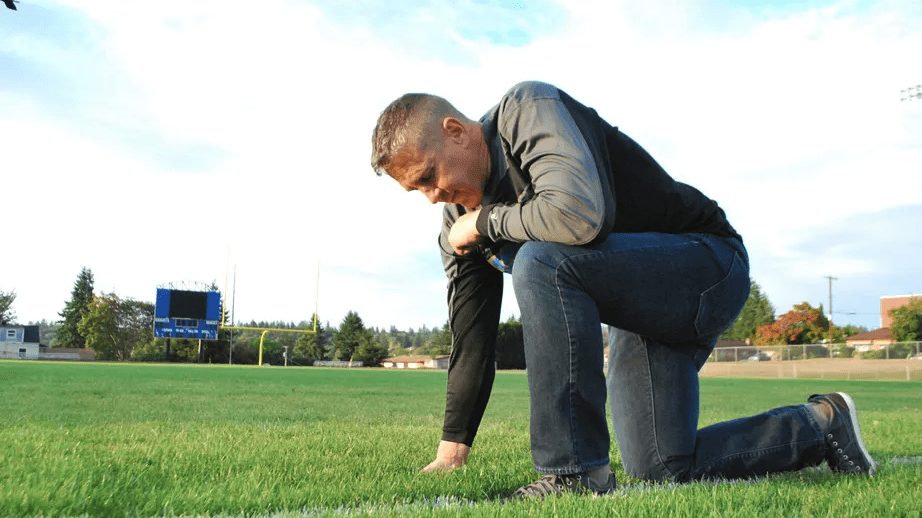
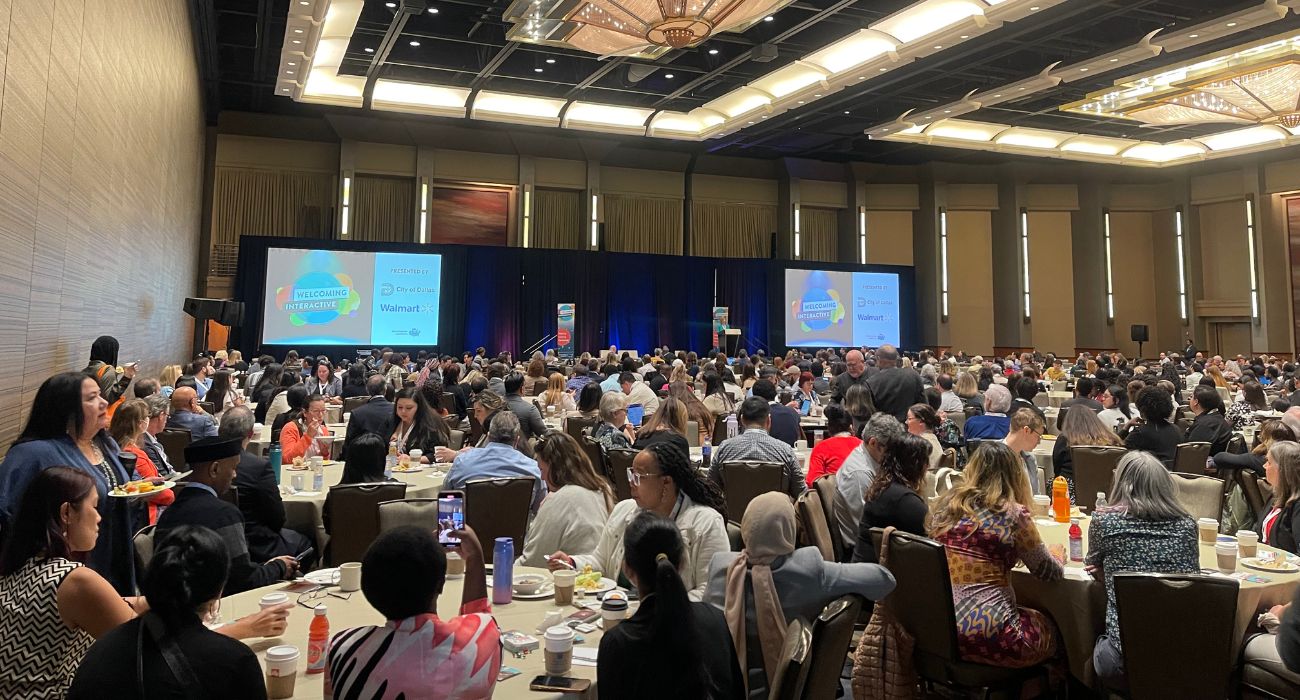
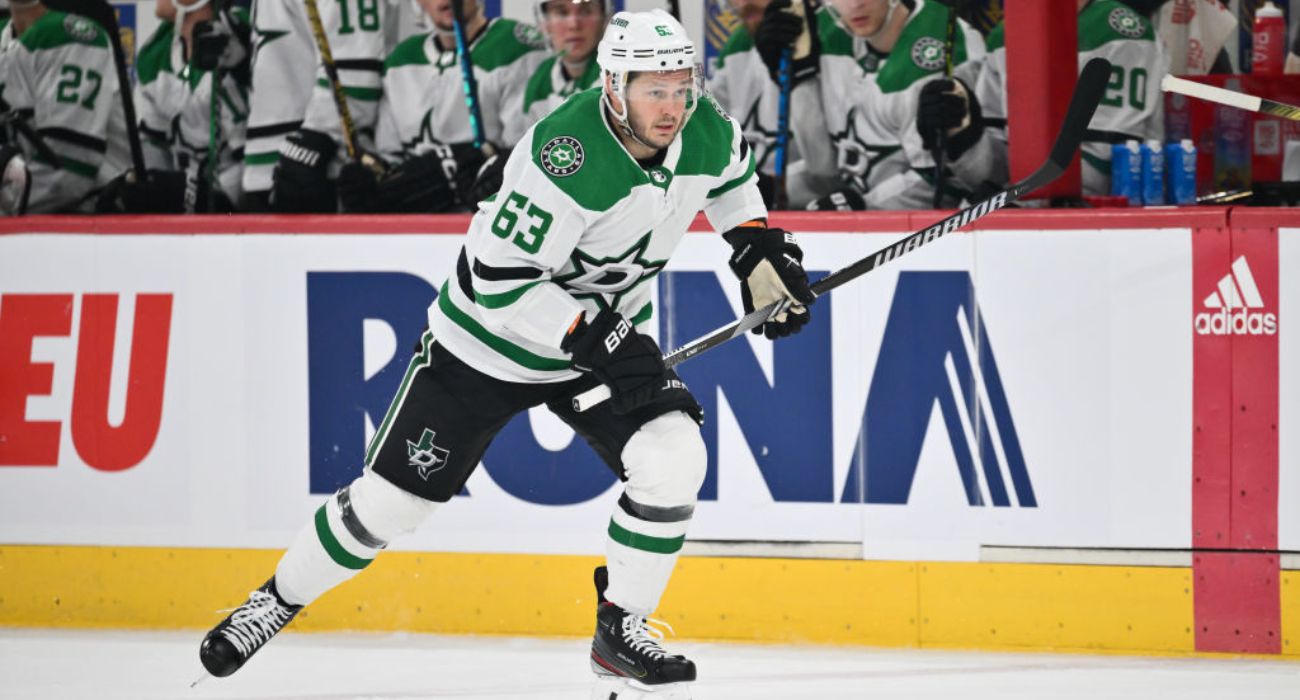
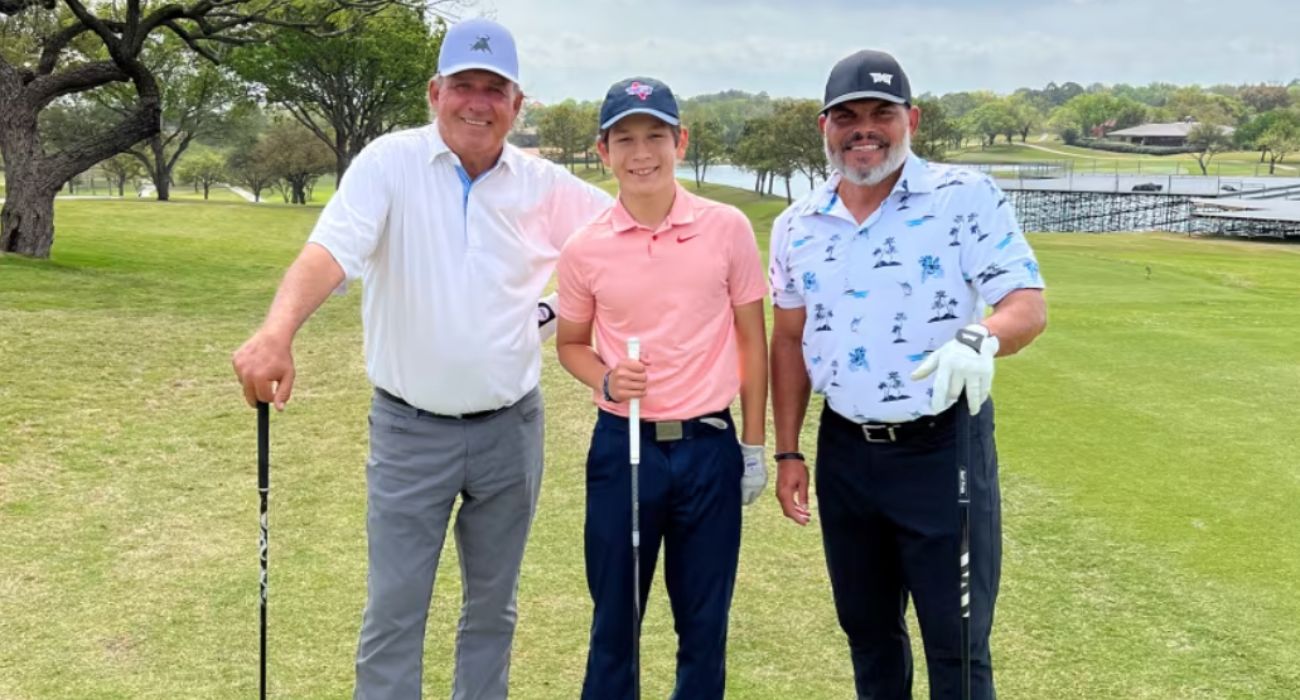
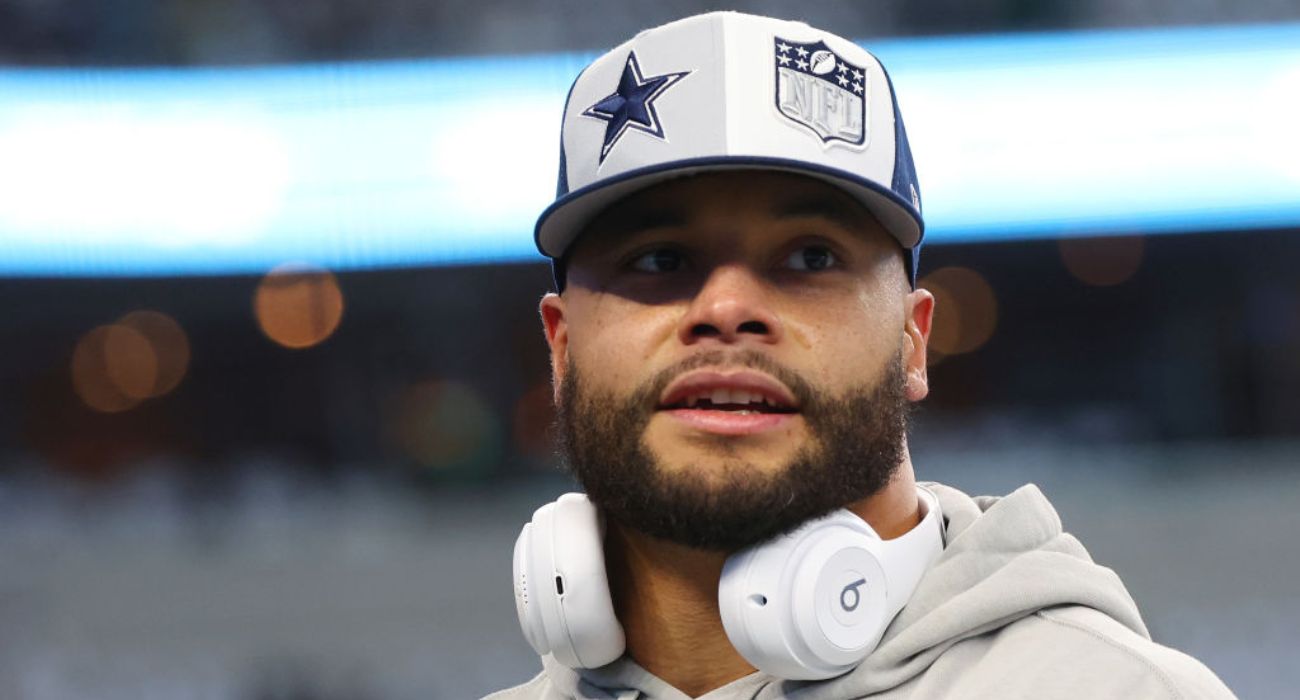
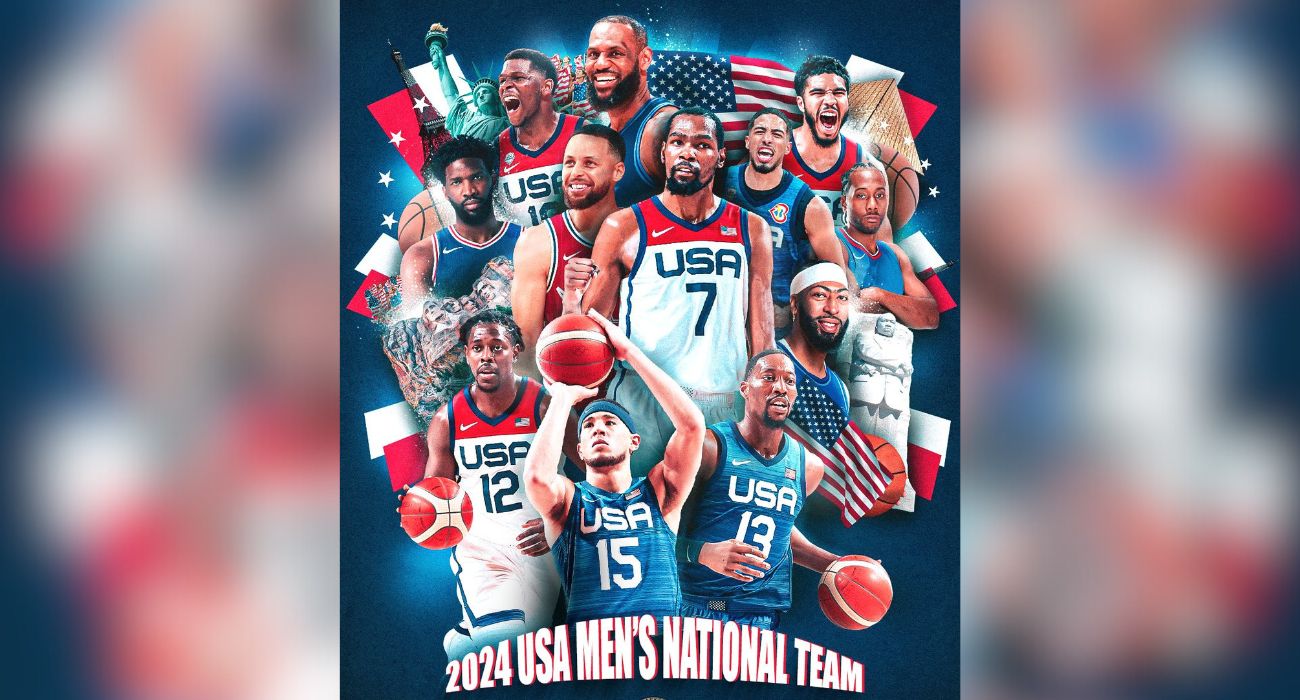
Article did not address if student athletes who for some reason did not participate in the coach’s prayers were penalized or punished by not getting as much playing time in future games.
Didn’t know that, but yeah, of course. I’m sure it’s not necessarily a direct punishment for those that don’t pray, but more of it’s the reward for those that do pray that he’ll favor more.
Praying for a sports game is ridiculous. This guy just needs attention and he wants to feel like he’s a christian hero. The supreme court is f’d.